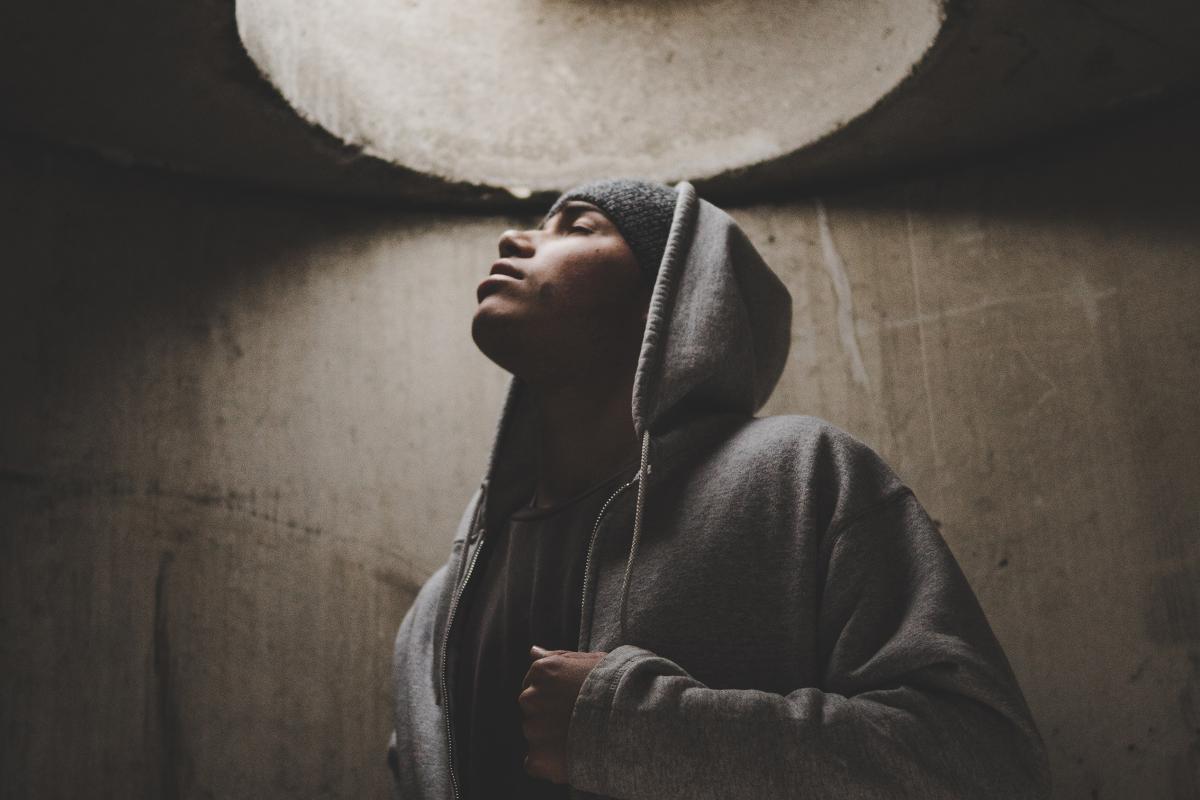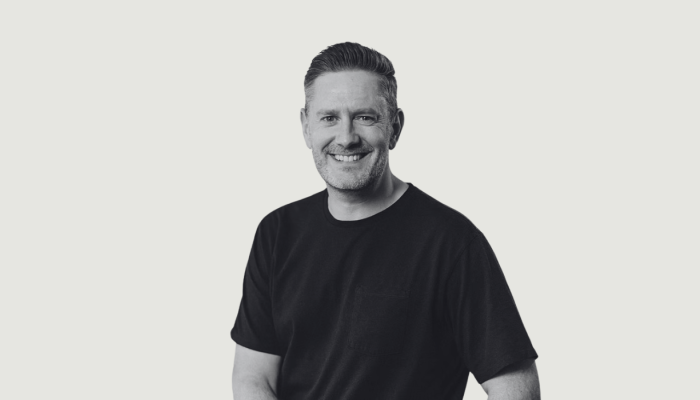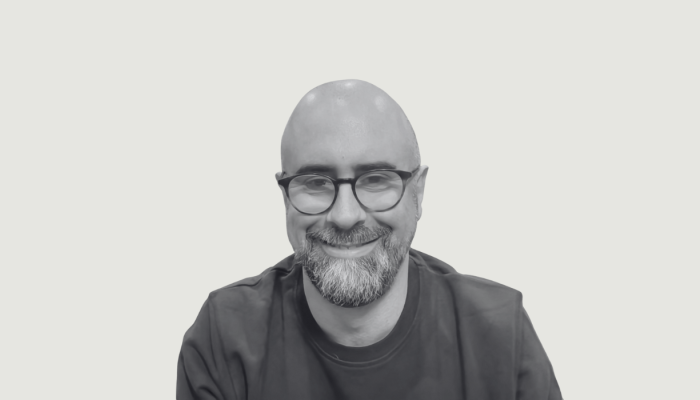With Black History Month upon us we asked some of the team at VCCP to share their thoughts on diversity and experiences of racism in the industry.
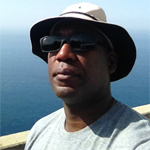 Tony Hector, Group Creative Director & Head of Art at VCCPBLUE
Tony Hector, Group Creative Director & Head of Art at VCCPBLUE
In 1988 I got my first job in an advertising agency. I was one of about six people from a BAME background in a company that had over 300 staff; four of us were in the creative department, one in TV and one in accounts. So for most of my career I’ve been the only black person in creative reviews, creative briefings, creative presentations, pitch presentations, pre-production meetings... you get the picture.
At the beginning, I’d always make sure that people saw the work before me, that way I thought my work had a better chance of getting through. In those days I spent a lot of time convincing people at work (and myself) that the colour of my skin had nothing to do with my work. It was all about talent, that made it easier for everyone. There are still some days in this industry where I feel very lonely; as I spend a lot of time trying to fit in. That’s not because the industry is racist, it’s because of a lack of diversity.
As time has gone by I’ve started to believe that the person I am defines the work that I do, and being a black man might be what has helped my creativity, my strategic thinking, my understanding of audiences, and my ability to engage with my clients. Black lives don’t just matter, black lives make a difference. The recent incidents with BLM has made the conversation about race more common, which is great - as this will help us understand the pressures that the BAME community are under on a regular basis. In my career and life I've always tried to portray a positive perception of myself and the BAME community, I hope this will help make a difference to the next generation of people from a BAME background, so they feel they can progress in our industry.
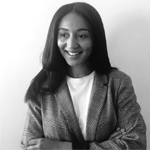 Jordan Hulse, Group New Business Executive, VCCP
Jordan Hulse, Group New Business Executive, VCCP
When it comes to the workplace, we're inundated with acronyms. From EOD and BAU to OOO and MoM, they're so familiar they often slip into our everyday vernacular - even outside of work. Yet when it comes to acronyms such as POC, BAME and BLM, agencies have a tendency to fall short; particularly when it comes to diversifying teams. Usually representing less than ten per cent of a team, people of colour are the minority, which often leads to severe imposter syndrome, self-doubt and uncertainty. There's an underlying pressure to work twice as hard, to prove our worth and grow accustomed to everyday micro aggressions.
As Stormzy so aptly put,
"I am not the UK’s shining example of what supposedly happens when a black person works hard. There are millions of us. We are not far and few. We have to fight against the odds of a racist system stacked against us and designed for us to fail from before we are even born."
And so while adverts themselves may be growing more and more diverse, we can't say the same about the establishments that have birthed these ads. We need this inclusivity to be represented on both sides. Why? Diversity within agencies will bring diverse work. It doesn't need to be overcomplicated; it really is that simple.
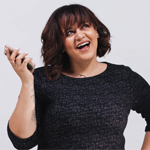 Tiffany Mondesir, Senior Strategist, VCCP Kin
Tiffany Mondesir, Senior Strategist, VCCP Kin
Talking about racism in the UK often feels uncomfortable for me. Why? Well because I'm not originally from the UK. As a Canadian from Toronto, we always used to describe ourselves as a culturally and racially inclusive city. Whether it’s through overheard, and frankly gross, discussions of what "type of face/race" is suitable for an ad or the receptionist who "jokingly" called me Shaniqua that one time... we definitely had (and still have) racism in the industry. However, when making the move here I wasn't sure what to expect. I've now been here for two years, and all I can say is that it exists. But it's different. It's less overt and less in your face – but it's there behind a wall of politeness and micro aggressions.
I often feel uncomfortable speaking about racism in the UK because I know I will never know what it's like to experience the challenges that even getting into the industry as a black person might carry. All I know is what I see, and what I hear... and that's that the industry is still learning. After the murders of George Floyd and Breonna Taylor, we saw an outcry amongst black friends and family, but also from those in the industry that were hurting around the world and here in the UK. Months have now passed since, and I can say I have personally felt some change – a change in how our colleagues, clients and brands talk about these issues, but importantly also in how they listen. And with that, I suddenly feel more comfortable having these discussions here. This year it's been less about words and more about action. It's been about accountability, transparency and responsibility. These are good things. And I hope this progress continues beyond this month and 2020.
